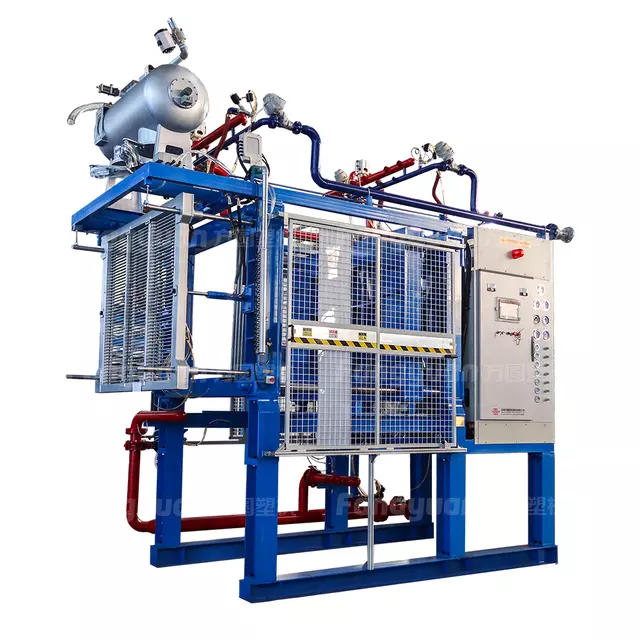Introduction:
In today's fastpaced and technologicallydriven world, many industries are looking for ways to stay competitive and relevant in a rapidly evolving market. One of these industries is the textile processing industry, where ETPU (Ethylene Terephthalate) machines play a crucial role in transforming raw materials into finished products.

Traditionally, ETPU machines have been designed with manual processes that can be timeconsuming and prone to errors. However, as the fourth industrial revolution approaches, these machines must adapt to remain competitive. In this article, we will explore how ETPU machines are being adapted to Industry 4.0.
Section 1: The Future of Industry 4.0 in Textile Processing
The fourth industrial revolution is expected to bring significant changes to various industries, including textile processing. Industry 4.0 promises increased efficiency, automation, and improved productivity through the integration of digital technologies such as IoT (Internet of Things), AI (Artificial Intelligence), and machine learning. These technologies can help ETPU machines operate more efficiently and effectively by automating certain tasks and providing realtime data analysis.

Section 2: Implementing Industry 4.0 Technologies in ETPU Machines
To fully integrate ETPU machines with Industry 4.0, companies need to adopt new technologies and practices. This includes integrating sensors and IoT devices within the ETPU machines to collect and analyze data on production processes, equipment performance, and quality control. Additionally, adopting AI algorithms and machine learning models can optimize operations, predict maintenance needs, and enhance product customization capabilities.
Section 3: Challenges and Opportunities of Implementing Industry 4.0 in ETPU Machines
Despite the numerous benefits, implementing Industry 4.0 in ETPU machines also presents challenges. For example, integrating IoT devices requires careful planning and design to ensure seamless integration without impacting machine functionality. Moreover, maintaining and upgrading existing machinery may require substantial investment, which could impact profitability. On the other hand, leveraging Industry 4.0 technologies offers opportunities for businesses to improve their competitiveness, reduce costs, and provide better customer service.
Conclusion:
In conclusion, ETPU machines are increasingly adapting to the fourth industrial revolution through innovative technologies and practices. By embracing Industry 4.0, manufacturers can streamline their operations, increase efficiency, and deliver superior products. As technology continues to evolve, it's essential for textile processing companies to keep up with the latest trends and embrace change to remain competitive and relevant in today's dynamic market.
























 QQ
QQ